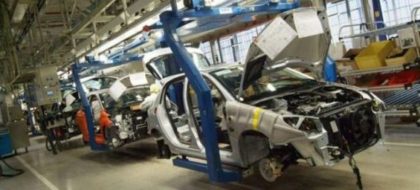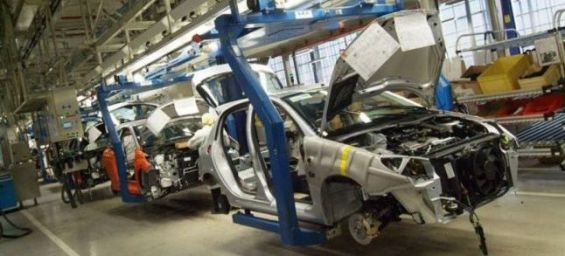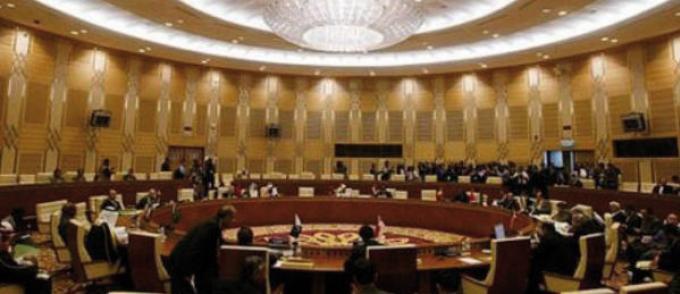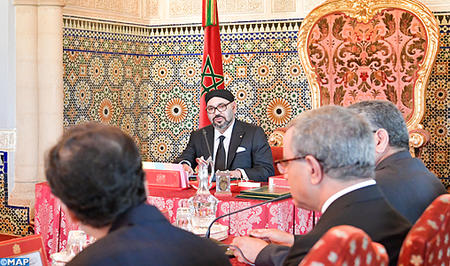 The automotive industry in Morocco has become the leading export sector, thanks notably to the investments of French automaker Renault Group that celebrated the export of 1 million vehicle made in its Moroccan plants of Tangier and Casablanca.
The automotive industry in Morocco has become the leading export sector, thanks notably to the investments of French automaker Renault Group that celebrated the export of 1 million vehicle made in its Moroccan plants of Tangier and Casablanca.
“Renault is a success story that we would like to duplicate in other sectors,” said Industry and Investment Minister, Moulay Hafid Elalamy, in a statement to the press.
Renault’s investments put Morocco on the global car industry map, Equipment and Transport Minister said on the same occasion, adding that the automotive sector is a driver of growth conducive to the development of local expertise through technology transfer.
Today, 10% of total cars sold by Renault in the globe are made in Morocco, where 73% of production is exported to 73 countries, notably in Europe and the MENA region.
The Tangier plant, worth €1.6 billion, started operating in 2012 and hit a production level of 345,000 cars in 2016 up from 229,000 cars in 2015
Benefiting from Morocco’s tax incentives and cheap skilled labor, the plant is the largest car factory in Africa and served as a catalyst for the development of Morocco’s automotive sector by attracting investments by car parts makers, widening the supply chain in the Kingdom.
The expanding car industry sector in Morocco has attracted significant PSA Peugeot Citroen investment to build a production plant worth $632 million near Kenitra. Works have already started to build the plant, which is expected to be ready in 2019. The factory will have an initial annual production capacity of 90,000 vehicles expected to rise to 200,000 as sales pick up. Most of the output will be exported to African markets.
The PSA Peugeot Citroen plant is further drawing car parts makers, such as Canada’s Linamar, which announced its plan to build a factory destined to supply engine parts. Following suit, U.S. auto parts maker Delphi Corp. will also set up a new factory making electrical distribution systems and a research and development center in the North African kingdom.
The development of the automotive industry in the country will help the government create 90,000 jobs by 2020 in addition to the 100,000 that already exist. The government also aspires to increase the proportion of locally produced components in exported cars from 40% to 65% by the end of the decade.



